📚 4 Books mentioned in "The First Great American Industry | Freakonomics Radio | Episode 549" of Freakonomics Radio
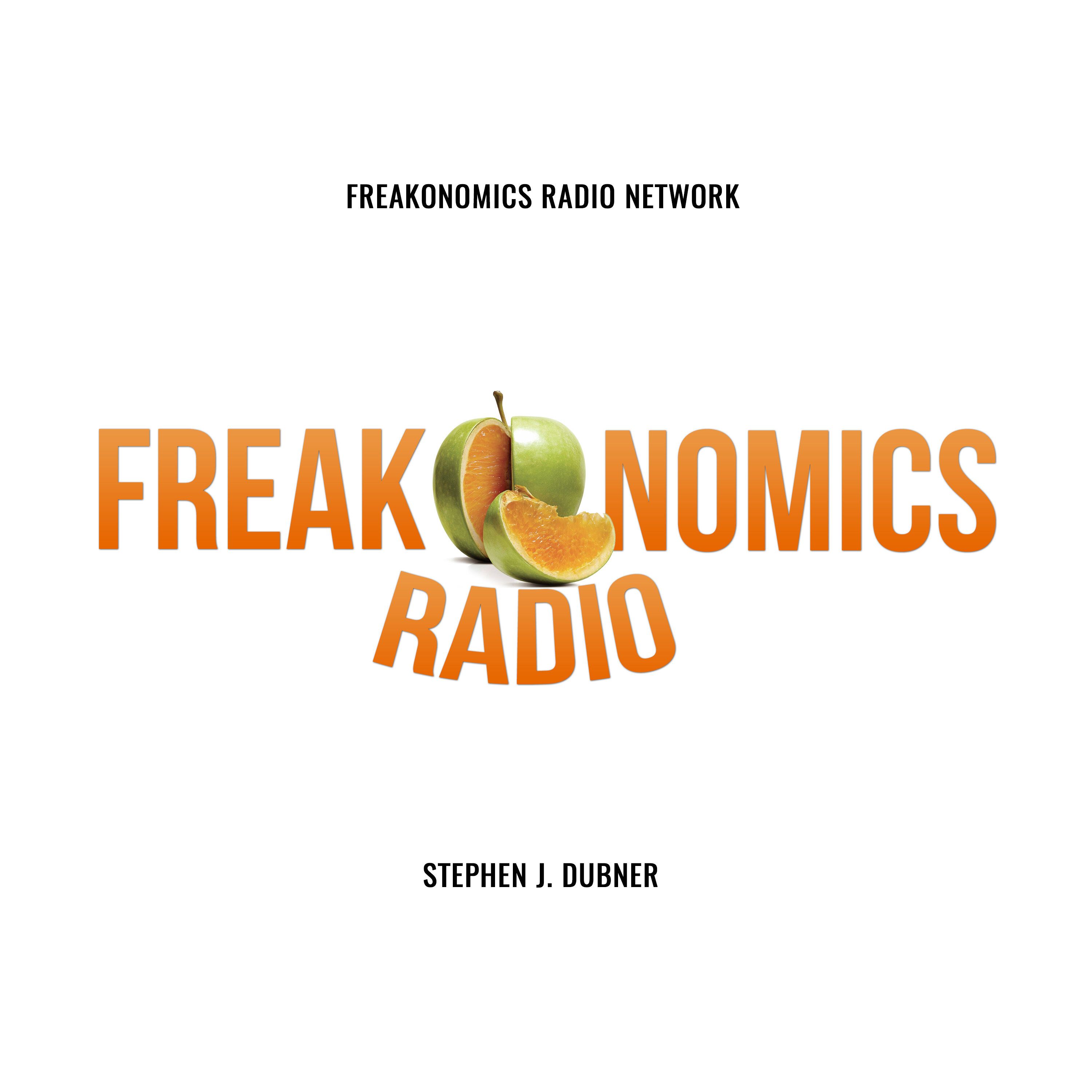
Podcast: Freakonomics Radio
Episode: The First Great American Industry | Freakonomics Radio | Episode 549
Published on July 13, 2023
Here’s a list of all the books mentioned in this episode. Click on the links to watch specific excerpts on YouTube and feel free to purchase the books if they caught your interest!
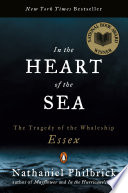
In the Heart of the Sea
Buy In the Heart of the Sea by Nathaniel Philbrick on Amazon
Philbrick has written several well-regarded books of maritime history. The one most relevant to our discussion today is called In the Heart of the Sea: The Tragedy of the Whale Ship Essex.
During the discussion, the host highlights Nathaniel Philbrick's book 'In the Heart of the Sea: The Tragedy of the Whale Ship Essex,' emphasizing its relevance to the topic of whaling history.
Philbrick, remember, wrote a non-fiction book about the Essex tragedy called In the Heart of the Sea.
The host discusses the non-fiction book 'In the Heart of the Sea' written by Nathaniel Philbrick, drawing connections to the story of the Essex tragedy.
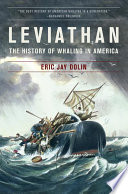
Leviathan: The History of Whaling in America
Buy Leviathan: The History of Whaling in America by Eric Jay Dolin on Amazon
So I'd like to read you a short passage from the book Leviathan: The History of Whaling in America by Eric J. Dolan.
In this segment, the host introduces a passage from the book 'Leviathan: The History of Whaling in America' written by Eric J. Dolan.
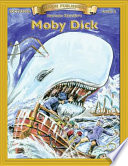
Moby Dick
Buy Moby Dick by Herman Melville on Amazon
The whale itself became central to our art and culture. Part of what makes Moby Dick funny is that there's a hatred for a specific animal.
The host discusses how whales have become central to art and culture, mentioning that the book 'Moby Dick' is considered funny due to the animosity it expresses towards a specific whale.
The Essex was the real-life inspiration for Moby Dick by Herman Melville, the whale of all whaling books.
The host discusses the book 'Moby Dick' by Herman Melville, highlighting that it was inspired by the actual events surrounding the Essex whale ship.
The most famous whale ship disaster was the Essex; just about every kid in America learned the story of this ship that was rammed by a whale and which Melville would use for the climax of Moby Dick.
In the episode, the host references 'Moby Dick' by Herman Melville while discussing the famous Essex ship disaster, highlighting how this incident influenced Melville's writing.
That again is Nathaniel Philbrick; for my money, Moby Dick is America's Bible.
In this segment, the host cites Nathaniel Philbrick, who claims that 'Moby Dick' should be considered America's Bible.
The ship in Moby Dick isn't called the Essex; it's called the Pequod.
In this segment, the host clarifies a detail about the book 'Moby Dick', stating that the ship featured in the story is named Pequod, not Essex.
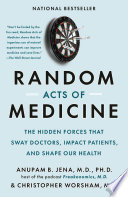
Random Acts of Medicine
Buy Random Acts of Medicine by Anupam B. Jena, Christopher Worsham on Amazon
One more thing: if you've enjoyed our Freakonomics MD podcast, you might like to know that the host Babu Jenna has a new book out right now that he co-authored with Christopher Worsham; it's called Random Acts of Medicine: The Hidden Forces That Sway Doctors, Impact Patients, and Shape Our Health, and you can hear a chapter of it.
The host promotes a new book he co-authored with Christopher Worsham, titled 'Random Acts of Medicine: The Hidden Forces That Sway Doctors, Impact Patients, and Shape Our Health,' encouraging listeners of the Freakonomics MD podcast to check it out.
